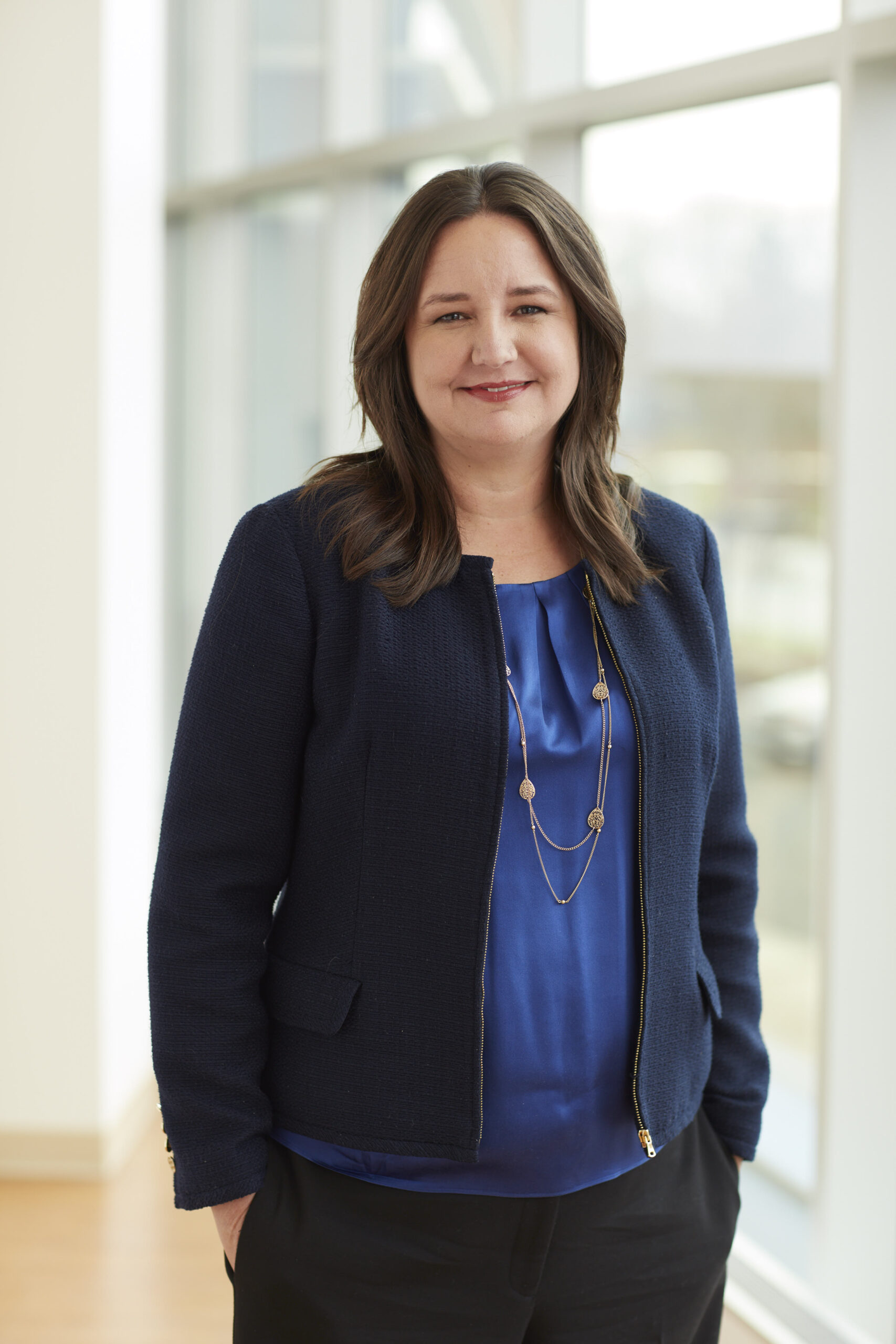Give me five
Give me five
Five minutes with Sarah Peyre, Dean and Professor at the Warner School of Education and Human Development

Dean Sarah Peyre
Photography by Myers Creative Imaging
How did your medical education career prepare you for being Dean of the Warner school?
After working at USC and earning a master’s in medical education and a doctorate in educational psychology there, my career took me to places such as the Brigham and Women’s Hospital and Harvard in Boston and, for nearly 10 years, at the University of Rochester Medical Center. When the Warner opportunity came up, I knew that—as an educator, researcher, and curriculum purist at heart—I could learn, grow, and transfer my skill set in a meaningful way.
What’s your vision for Warner during the next five to seven years?
We’re just finishing our strategic plan, Warner 2030, which aligns well with the University’s Boundless Possibility strategic plan, especially as it relates to building a just and equitable society. Warner is—and will continue to be—a research-based institution focused on improving educational outcomes for our community’s children. To continue to do this in an exemplary way, we are building in more mental health support for our students; creating networking and mentorship opportunities for them and our alumni; leveraging technology and understanding its impact on our field; and bolstering as well as expanding our programs, including partnerships across the University and in the community.
What was your first profession after graduating from college?
After earning my bachelor’s degree from UC Berkeley and while getting my teaching credentials at night, I taught 35 fourth graders inside a small trailer in north Long Beach Unified School District. It was hard—I didn’t know if I was making a difference and I didn’t have the kind of support structure that we offer today to students at Warner. I ended up leaving that position and taking a job as an administrator within the University of Southern California’s surgery department, which launched my 20-year career in medical education.
What’s Warner doing to address the national teach shortage?
Right now, about 50 percent of new teachers leave after a few years. We must develop innovative programs to address retention, ones like the Roc Urban Fellows program with the Rochester City School District. Each fellow is awarded a two-year contract with RCSD. During that time, the fellows become classroom interns, partner with master educators, and earn their teaching credentials at night at Warner. Programs like this work—around the country
they retain about 80 percent of teachers after a few years.
What do you think are the most pressing issues in education?
I believe that education is the backbone to a democracy. With such division and discord in our society, our educational systems and institutions are being attacked and devalued. Yet, when people talk about their formative experiences, so often they describe the inspiration and aspiration that came from their teachers, the ones who had the skills to help them achieve their
dreams. At Warner, we have to be the strongest advocates for teachers, students, and the experience of education overall.
Tell us about one of your favorite teachers– How did that person inspire you?
Professor Ann Swidler taught Sociology 101, and she opened up a world to me as a teenager who had grown up sheltered. On the first day of class, she asked us to reflect on how tombstones mark the year we are born and the year we die, but that life is all about that dash in the middle—it’s about what we do with the dash that matters. She talked about things I had not thought about, too, like the second shift in gender politics. She described how, when women come home from our jobs, our second shift starts. We take care of the kids, make dinner, clean the house. It prompted me to think about my mother and how she was a school teacher by day and then ran our home at night and on the weekends. I started to think differently about myself and society and how I’d approach my life choices.
Advice for teachers today?
In 2023, the front line of COVID is still with them, in the classroom. Everything they are feeling is real, complex, and difficult. Lean into your networks, peers, and colleagues for support. Share your struggles and problem-solve together. Think about learning a new skill or getting a certification in an additional field—do something different to change your perspective a bit. If you are thinking of leaving education, know that the grass isn’t always greener on the other side. Remember why you got into teaching in the first place—there isn’t a better job in the world to impact the lives of children. Get to summer break, go on a vacation, feel proud of what you accomplished this year, and be purposeful in your next steps.
This story also appears in the summer 2023 issue of Buzz magazine.
—Kristine Kappel Thompson, June 2023


